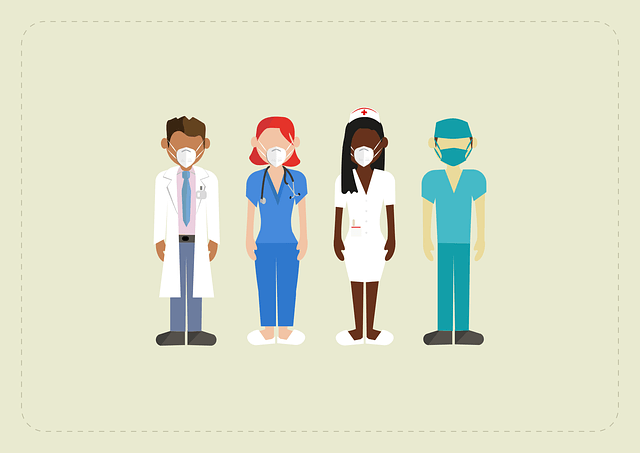Cybersecurity is crucial for the healthcare industry for several reasons, as the sector deals with sensitive and confidential information, critical infrastructure, and patient safety. Here are some key reasons why cybersecurity is important in the healthcare industry:
1. Patient Confidentiality:
Healthcare organizations store and process vast amounts of sensitive patient data, including medical records, personal information, and payment details. Protecting this data is essential to maintain patient trust and comply with privacy regulations, such as the Health Insurance Portability and Accountability Act (HIPAA) in the United States.
2. Data Integrity:
Ensuring the accuracy and reliability of medical records is vital for patient care. Cybersecurity measures help prevent unauthorized access, tampering, or manipulation of patient data, preserving its integrity and reliability.
3. Patient Safety:
In the era of digital healthcare, connected medical devices and systems play a significant role in patient care. Cybersecurity safeguards are essential to prevent unauthorized access to medical devices, ensuring they function properly and do not pose a threat to patient safety.
4. Financial Impact:
Cyberattacks can have severe financial consequences for healthcare organizations. Beyond the immediate costs of addressing a breach, organizations may face legal fines, loss of revenue due to downtime, and damage to their reputation, which can be challenging to recover from.
5. Regulatory Compliance:
Healthcare providers are subject to numerous regulations and standards, such as HIPAA, the General Data Protection Regulation (GDPR), and others. Compliance with these regulations is mandatory and requires robust cybersecurity measures to protect patient data and avoid legal repercussions.
6. Intellectual Property Protection:
Healthcare organizations often conduct research and develop innovative medical treatments and technologies. Protecting intellectual property from theft or compromise is crucial for maintaining a competitive edge and advancing medical science.
7. Ransomware Threats:
The healthcare industry has been a prime target for ransomware attacks. Cybercriminals may encrypt critical patient data and demand a ransom for its release, disrupting healthcare services and putting patient safety at risk.
8. Interconnected Systems:
The increasing connectivity of healthcare systems, electronic health records (EHRs), and medical devices creates a larger attack surface. Cybersecurity measures are necessary to defend against potential vulnerabilities and ensure the secure exchange of information between different systems.
9. Supply Chain Security:
Healthcare organizations rely on a complex supply chain for medications, medical devices, and other critical resources. Cybersecurity is essential to protect the integrity of these supply chains, preventing the introduction of compromised or counterfeit products.
10. Public Trust and Reputation:
A cybersecurity breach can erode public trust in healthcare institutions. Patients expect their healthcare providers to safeguard their sensitive information, and a breach can lead to a loss of confidence and damage to the organization’s reputation.
In summary, cybersecurity is vital for the healthcare industry to protect patient data, ensure the integrity of medical information, maintain regulatory compliance, and safeguard patient safety and trust. The consequences of a cyberattack in healthcare can have far-reaching impacts on both individuals and the healthcare system as a whole.



